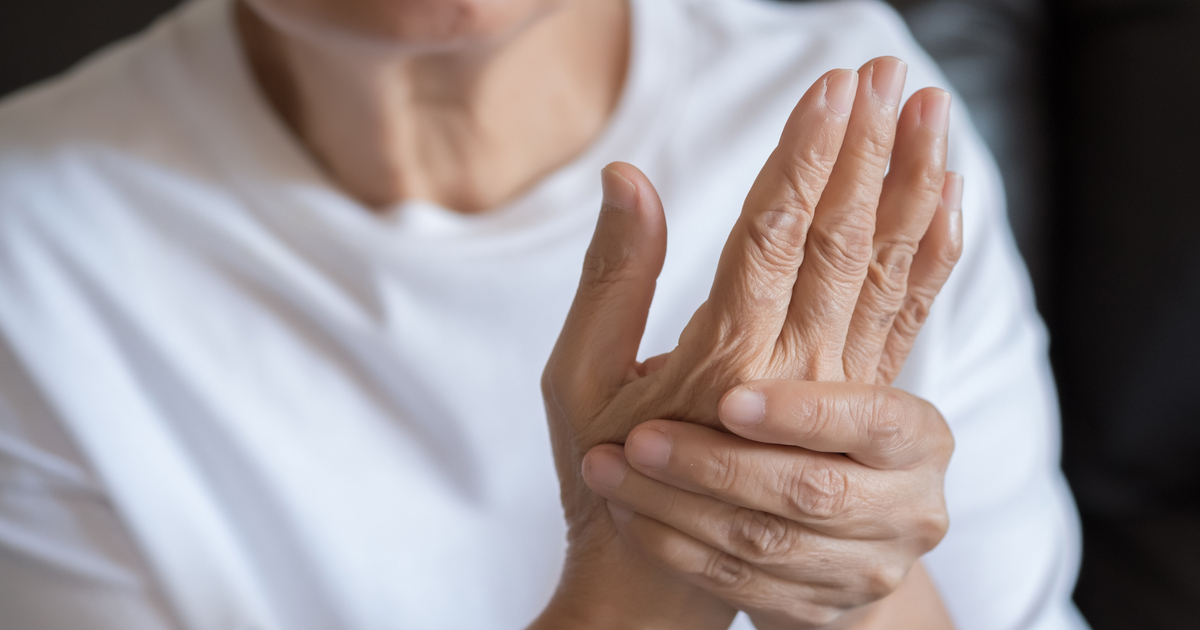If your elderly parents are like most, they probably deal with arthritis-related joint pain and stiffness. According to the Mayo Clinic (www.mayoclinic.org), arthritis is the number one cause of chronic pain worldwide.
Over time, dealing with arthritis can make a senior feel stressed, sad, angry, anxious and depressed. As a result, arthritis disrupts the daily activities of many seniors, while for others it eventually threatens their ability to continue aging in place. Fortunately, there are several reliable ways to help seniors effectively deal with arthritis, starting with these 5.
Types of Arthritis
Arthritis mainly presents as one of two types, osteoarthritis or rheumatoid arthritis:
Rheumatoid Arthritis – This rarer form is a long-term autoimmune disorder that primarily affects a patient’s joints. The symptoms of rheumatoid arthritis include a warm sensation in the afflicted areas, along with swelling and pain.
Osteoarthritis – This is the most common type of arthritis that seniors experience, and is caused by the wearing down of their bones’ protective cartilage. The symptoms of osteoarthritis include joint pain, stiffness, tenderness, loss of flexibility, and a grinding sensation.
Note: Because a vast majority of arthritis patients live with osteoarthritis, that type will be the primary focus for the remainder of this article.
Helping a Senior Live with Arthritis
Osteoarthritis primarily targets a patient’s hips, spine, hands and knees, although other joints can be affected. For seniors with arthritis who are still aging in place, simple tasks like bathing, toileting, preparing meals, driving, and even walking can become excruciatingly painful. As a result, many arthritis sufferers start feeling depressed and socially isolated, which can further threaten their health and wellbeing. To help ensure that doesn’t happen to your loved one, here are 5 ways to help them feel better:
1. Exercise and Stretching
Regular exercise and stretching helps keep joints moving and active. However, seniors should avoid forms of exercise that are high impact and/or involve repetitive movements, like tennis or running. It’s also advisable to stretch-out muscles and joints before and after exercising, and to drink plenty of water. Good forms of low-impact exercises for seniors are:
- Yoga
- Water aerobics
- Walking
- Bicycling
- Tai Chi
Range-of-motion exercises can also relieve joint stiffness, and a physical or occupational therapist can help develop an exercise program that’s right for your loved one.
2. Lifestyle Changes
It’s been found that certain lifestyle choices can worsen arthritis, so making some positive changes in that department should also help. Here are behaviors those with arthritis should avoid:
- Smoking cigarettes
- Being overweight
- Negative attitude
- Lack of exercise
- Not getting enough sleep (7 to 8 hours per day)
3. Medications
When your loved one experiences an arthritis flare-up after working too long in the yard, for example, the Mayo Clinic approves these medications to alleviate joint discomfort:
- Over-the-counter pain meds like acetaminophen (Tylenol or equivalent), ibuprofen (Motrin IB, Advil, or equivalent), or naproxen sodium (Aleve)
- Capsaicin-containing cream applied to the skin over the painful joint
It is important to not overuse pain medications, even OTC ones. If the arthritis discomfort persists, your senior should talk to their doctor about other pain relief options.
4. Additional Treatments
Other arthritis therapies that the Mayo Clinic recommends include:
- Heat and cold – Apply a heating pad to the affected joints, or take a hot bath or shower. A senior’s skin is delicate, so be careful to avoid burns. Using cold packs can also relieve pain and inflammation, especially right after exercising.
- Acupuncture – This ancient Chinese therapy has shown promise in arthritis patients, but should only be done by a licensed acupuncturist.
- Massage – Getting a deep muscle massage at the hands of a trained masseuse should temporarily improve joint pain and stiffness.
5. Join a Support Group
There are local arthritis support groups in almost every community where seniors can discuss their personal experiences, learn coping skills from others, and make new friends! The national Arthritis Foundation (www.arthritis.org) is also a great resource to learn more about arthritis and ways to effectively deal with it.
In-Home Arthritis Assistance for Alabama Seniors
Helping an elderly loved one deal with arthritis can be hard when you have your own household to manage or live too far away. When you need a hand, call Seniors Prefer Homecare. Our well trained and carefully screened caregivers understand the importance of keeping at-home seniors with arthritis active so they can continue aging in place safely and comfortably right where they want to be.
While in a senior’s home, our fully licensed aides can also assist with light housework, personal hygiene, meals, medication reminders, transportation and companionship. And, all our family trusted in-home services can be individually tailored in an affordable package to put your mind at ease. To learn more about Seniors Prefer Homecare, or to schedule a FREE in-home care assessment in Tuscaloosa, or Huntsville, AL, please visit: www.seniorspreferhomecare.com now!

